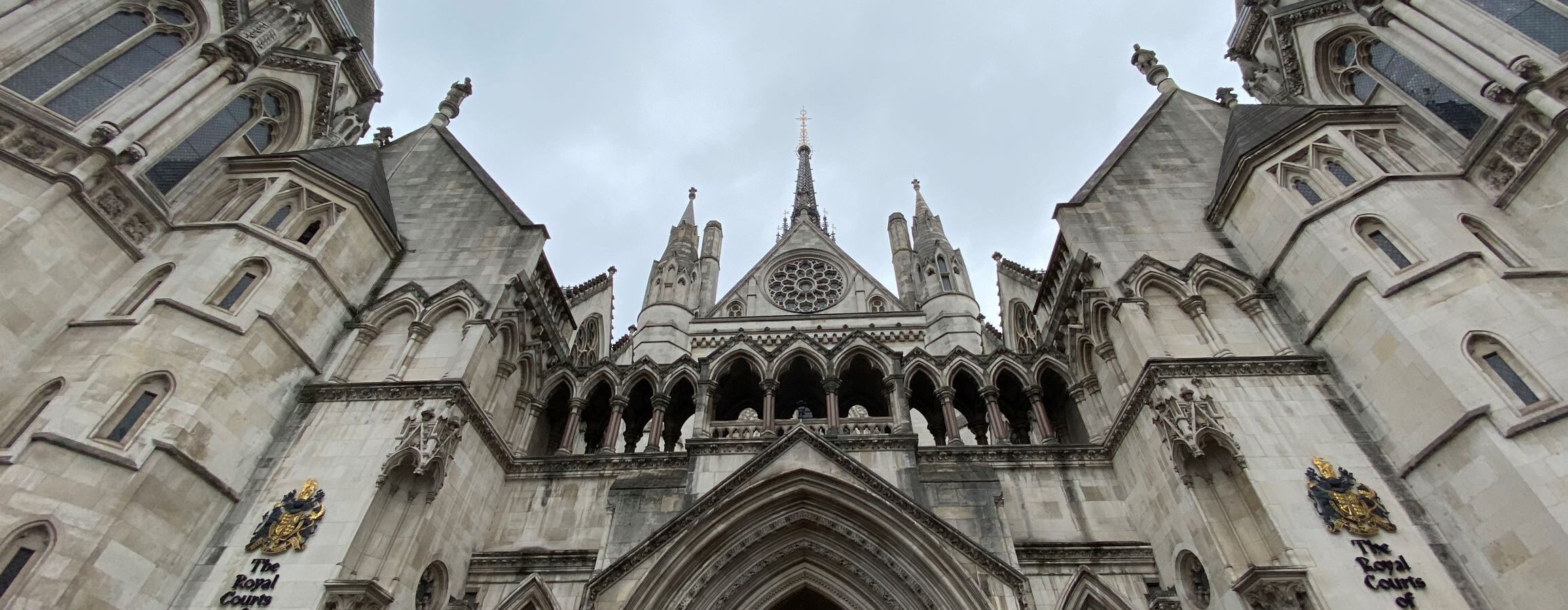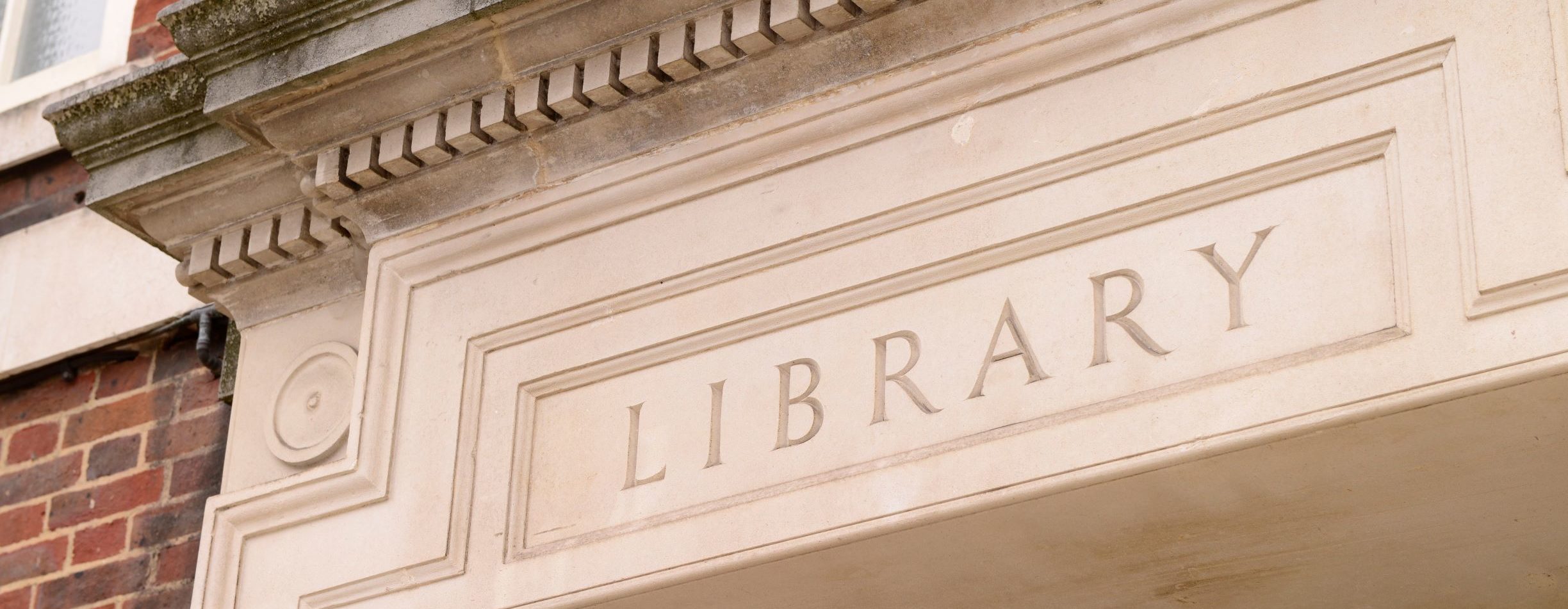Statistics and Probability for Advocates
Joint guidance from ICCA and RSS
The Inns of Court College of Advocacy (ICCA) and the Royal Statistical Society (RSS) have created a joint guide on statistics and probability for advocates to aid their understanding in the use of statistical evidence in courts and tribunals.
The guide is available to download, free, both from this and the RSS’ websites from today. The booklet’s online release has been chosen to coincide with this year’s European Statistics Day, which is themed around The Value of Official Statistics as a Public Good.
Printed copies will be available from both organisations following a launch event in late November.
Why statistics?
This guide is the first of a series, as part of the College’s project: ‘Promoting Reliability in the Submission and Handling of Expert Evidence’. To create this booklet, ICCA drew on the expertise of seasoned law practitioners and partnered with the RSS. The Society’s work on Statistics and the Law provided a very fitting frame for collaboration.
Statistical evidence and probabilistic reasoning form part of expert witnesses’ testimony in an increasingly wide range of litigation. The guide aims to identify the main traps and pitfalls that advocates are likely to meet when handling expert evidence.
Although the booklet does not claim to hold all the answers, it is hoped that it will encourage advocates to investigate further opportunities for professional development in the understanding, interpretation and presentation of statistical and probabilistic evidence. It should also help practitioners to consult more effectively with appropriate expert witnesses in the preparation of their cases, and know how to effectively deploy and challenge expert evidence and opinion.
These knowledge and skills are necessary to avoid miscarriages of justice, which may have occurred in the past due to the inappropriate use of, and understanding of, statistics and probability by judges, expert witnesses and advocates.
First impressions on the Guide
Commenting on the guide, UK Supreme Court Judge, Lord Hughes said:
“Advocates (and judges) very often encounter experts who use statistics in their reports. An understanding of the terminology which they use is an essential baseline from which to start in following and evaluating what they say. More importantly, statistical propositions are sometimes beguiling, and at other times counter-intuitive. All court users will benefit from a very basic guide to the kinds of question where statistical analysis can be useful, and, as importantly, to the kinds of question where it cannot. This guide has been prepared with these aims in mind, and by experts who have set out to explain themselves to lawyers. It will, I hope, be a valuable companion to those who are asked to digest, to apply, and to test, expert opinion relying on statistics.”
Derek Wood CBE QC, ICCA’s Board of Governors Chair, said:
“The Inns of Court College of Advocacy is proud to have collaborated with the Royal Statistical Society over the production of this booklet. Experts in every type of discipline, appearing in every type of court and tribunal, habitually base their evidence on statistical data. A proper understanding of the way in which statistics can be used – and abused – is an essential tool for every advocate.”
Also commenting on the guide, RSS President, Sir David Spiegelhalter said:
“The RSS welcomes the Inns of Court College of Advocacy’s programme to improve the reliability of expert evidence, and we hope this guide will ensure that evidence which includes statistics and data is used more effectively, for everyone’s benefit.”
Follow this link for more information on the College’s work around Expert Evidence.


